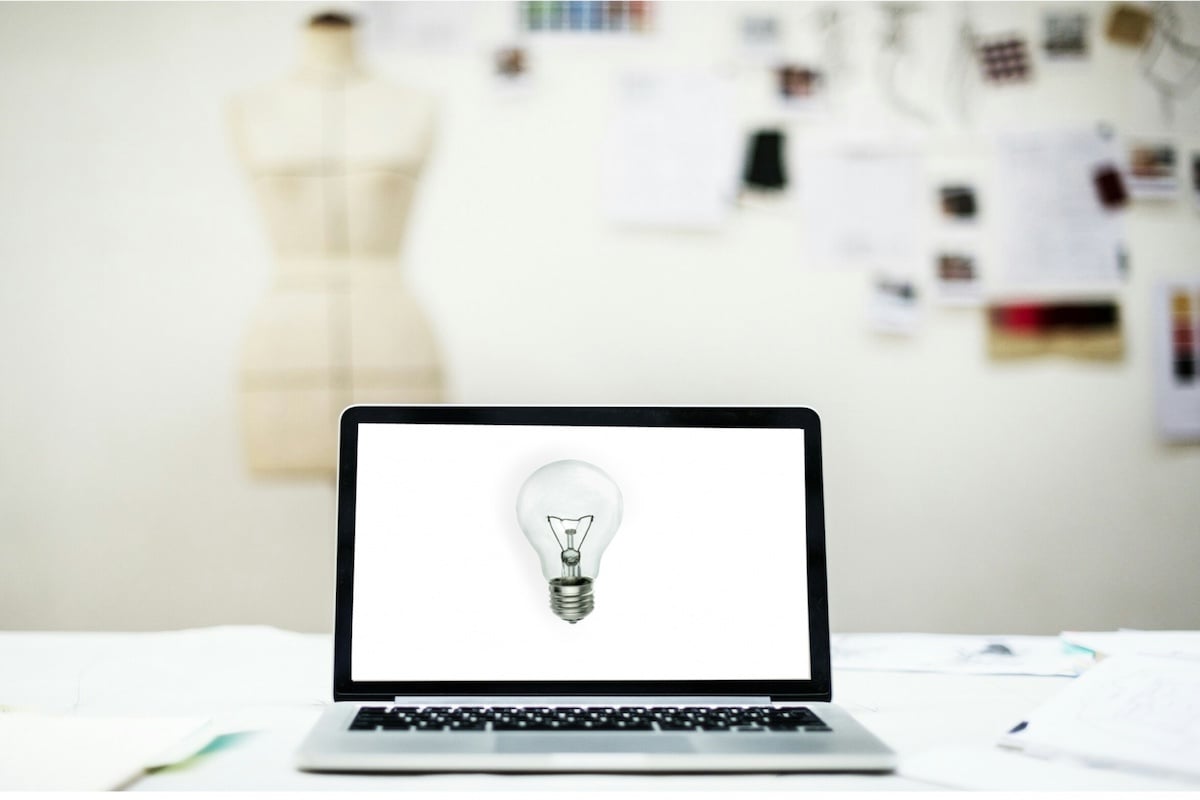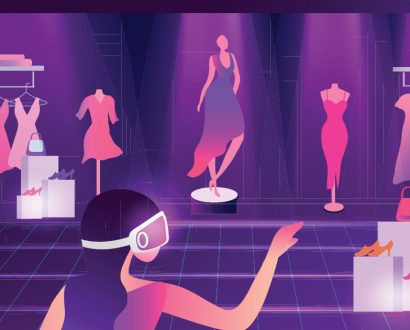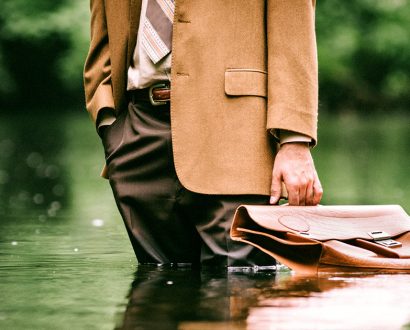It’s an unprecedented time for businesses around the globe and countless have recalibrated to guarantee they come out the other side of the crisis secure. Whether it means rethinking their strategies or joining the fight against COVID-19, here’s a look at what some businesses around the world are doing to be creative and thrive during the pandemic.
TransferWise: helping its employees thrive while working from home
Not only is TransferWise continuing to hire remotely with 54 roles open across the globe on its Careers page, but the company is also making sure its employees get the most out of working from home.
TransferWise’s 2000-plus team can engage in numerous online activities such as an open morning Zoom yoga class, Zoom mobility training to focus on stretches and tips for agile working, meditation sessions, virtual book club and virtual pub on Fridays.
“This is a very unsettling and challenging time, and we felt it was more important than ever to come up with creative ways our team, who we call Wisers, can stay connected, feel supported and also to keep them smiling, since we implemented a global work from home policy on March 16th 2020,” says Rose Stott, Global Head of People Operations.
“Making sure Wisers are comfortably set up to work from home for an extended period was also a priority for us, so we’ve given everyone in the company a set budget to put towards setting up their workspace at home.”
The company also prioritises its employees’ mental health and wellbeing, so it offers a free daily, online webinar series. Anyone can tune in and ask questions about how to manage stress, isolation and loneliness and maintain healthy lifestyles during stressful times.
Every employee also has access to its Employee Assistance Programme, which offers a free, confidential space to talk through anything with a qualified counsellor.
Fella Hamilton: designing scrubs for healthcare workers
Answering the government’s call to Australian manufacturers to retool to help the cause, fashion brand Fella Hamilton has set aside their winter collection for the time being and is instead producing scrubs for GPs, nurses and other frontline workers who may be exposed to the virus.
The specially made scrubs can be washed at high temperatures to kill any pathogens and are intended to be worn in place of normal workwear that can’t withstand these high-temperature washes.
In consultation with several doctors, the company has created acceptable industry designs and called on their network of suppliers to provide all the materials needed.
“We have many contacts in allied health in Melbourne,” says CEO Sharon Hamilton. “We are in awe and so grateful for these people who are putting themselves at risk each day to keep the rest of us safe, and we wanted to do something to help protect them during this crisis.
“Because we have retained a significant proportion of our manufacturing in Australia, we have been able to bring back our staff to work on this project and have turned it around quickly.”
By putting its winter collection on hold, the company can keep the business running, keep staff in work and create a flow-on effect for their suppliers.
“This isn’t a profit-making exercise,” Sharon explains. “We’re selling the scrubs at a cost price of approximately A$50, which is less than half the normal cost for a set, with a small margin to cover any unforeseen expenses so that we’re not operating at a loss.”
KX Pilates: offering creative workouts from the studio to homes
Boutique fitness brand and Australia’s largest Pilates franchise KX Pilates had to close its 67 studios across the country and quickly pivoted the business to support franchisees and keep the business going.
The brand is now providing free and premium access (A$5 per week) through its app. Live Zoom workouts are also available at selected studios.
“Our clients are attached to local trainers who do so much to create the boutique feel and personalised touch in a class, so it was an easy decision to let each studio continue the relationship they’ve built,” says Founder Aaron Smith.
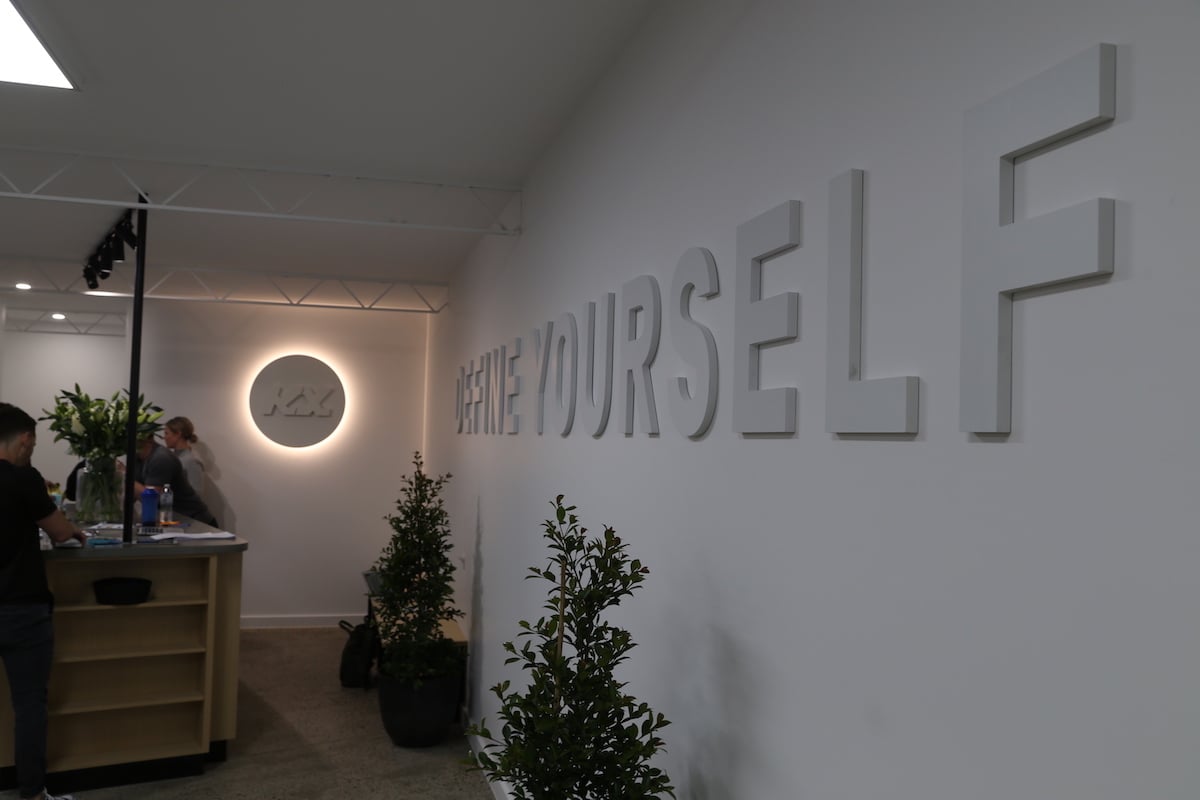
The trainer has up to 15 people at a time in the class, just like a regular session, and while they train, another instructor watches and can issue feedback and corrections in real-time. Participants can only see the trainer while the instructor can view everyone in the session.
The KX Pilates reformer workouts feature proprietary machines, which it currently can’t use, so the company made the creative move to rent them out to clients who want to keep up reformer workouts at home.
When it comes to his employees, Aaron says their mental wellbeing is paramount during this time.
“We have an emotional coach on hand to conduct regular sessions to ensure they have support during this tough time so we can build mental resilience together and maintain motivation to try new things and persevere,” he explains.
“Our business advisor has also posted training videos for our studio owners to help guide them through these uncertain times.”
The company has also set up a KX Champions community on Facebook where owners and trainers can come together and encourage one another.
“We try fun stuff like push-up challenges or the longest plank challenges and use the content to cheer everyone up and support them.”
HungryHungry: making it easier for the hospitality industry to keep customers
Co-Founders Mark Calabro and Shannon Hautot have been in the hospitality industry for close to 20 years, and have seen firsthand how hard it has become in recent years for many operators to keep the doors open.
HungryHungry was born in 2019 to help the industry retain margins as an at-table ordering and payment system for in-venue diners; users can scan a QR code at the table, see images of the items on the menu, and order and pay for their food or beverage there and then.
With venues closed due to COVID-19, the team started looking at creative ways to pivot the business.
“At the same time, we were starting to get enquiries from venues wanting their online platform to facilitate delivery and pick up,” Mark says. “We already had the technology working in some venues, but increased demand meant that our development team had to work around the clock not only to ensure we could help as many venues as possible but also work on upgrades and new functionality.”
In a matter of weeks, the company was able to reduce the website build time from two weeks to two hours and introduced additional functions for the customer to minimise contact. HungryHungry is now working with some of the best restaurateurs in Australia, such as Totti’s and Sugarcane in Sydney and Estelle, Di Stasio Citta and Lune in Melbourne.
Mark describes the feedback as positive and heartwarming.
“Our team have taken calls from venue operators who were in tears because they thought their venue was going to shut and then spoken to them days later and had them in tears again, but this time tears of joy because the online platform meant they were still trading.”
HungryHungry is an alternative to food delivery apps that charge a high commission, which isn’t sustainable for many venue operators, especially during this time.
“HungryHungry started as a business that provides technology to the hospitality industry that creates a positive impact for both the venues and the consumer,” Mark explains.
“That will always be at the core of what we do and how we operate, and we will continue to monitor how the market is responding and what feedback we’re getting to keep evolving our offer.”
Steinbok: from schnapps to hand sanitiser
COVID-19 has had a significant impact on distillery Steinbok’s business with bars and clubs accounting for more than 50% of its general sales.
When Founder Gavin Yates realised the demand for sanitiser in the market, he and his team spent a few creative days experimenting with formulas and different packaging.
“With hand sanitiser being 70% alcohol, we felt the need to be proactive and start to manufacture hand sanitiser in parallel to our liquor products,” he says.
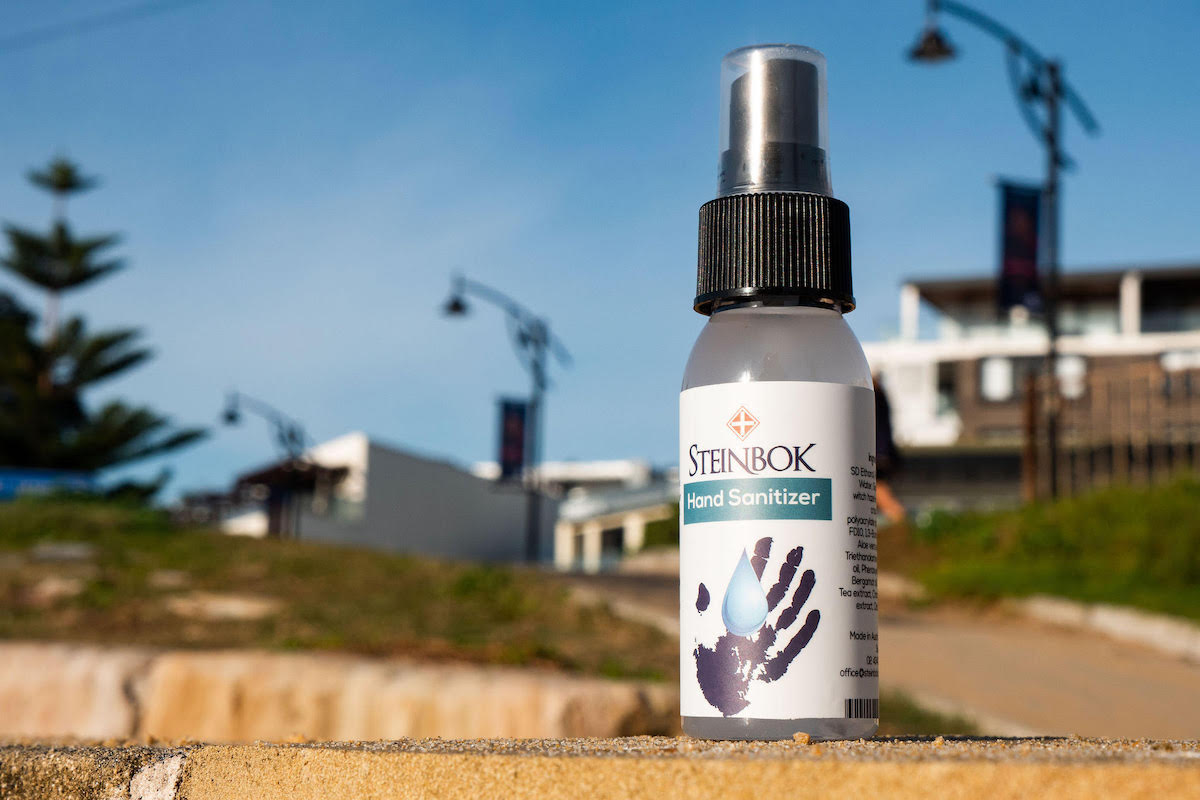
“Once we were happy with the outcome, we altered a few components of our production line generally used for liquor manufacturing to make things work and produce mass quantities of hand sanitiser.”
The company’s mission is to minimise the spread of COVID-19 as much as it can.
“We presented Brisbane Water Police Force with 250 60ml hand sanitisers for free as a thank you for the hard work their officers have been doing on the frontline,” he explains.
“We plan on doing the same with the local Ambulance Service of the Central Coast of NSW as we feel these people need it most because they, along with healthcare workers, are at most risk of catching the virus.”

